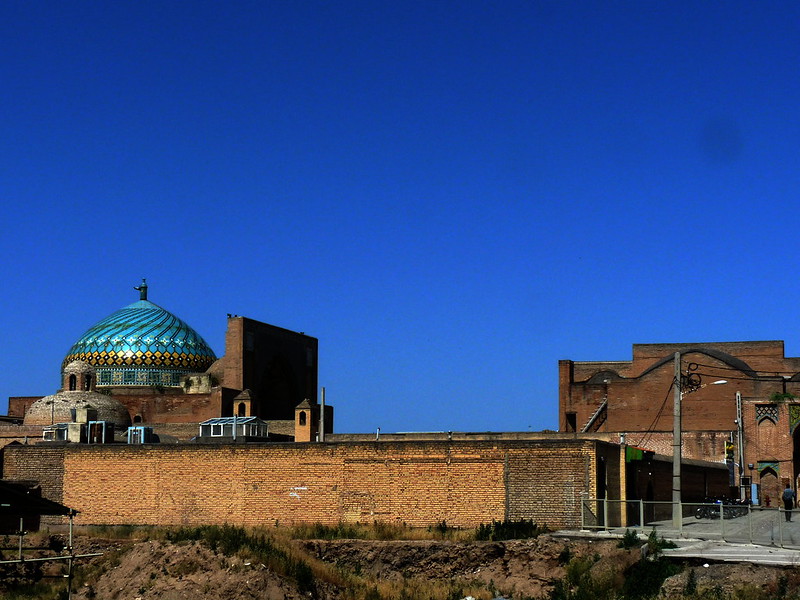Russian and American Strategies for Central Asia Ignore Link to Caucasus, Fall Short
By S. Enders Wimbush
February 18, 2021, the CACI Analyst
Both Russia and the United States are advertising new strategies for dealing with Central Asia, but each is deficient in its own way. While Russia seeks to exclude Afghanistan from its vision of Central Asia, the U.S. explicitly and wisely incorporates Afghanistan as organic to its vision. Neither vision links Central Asia strategically to a larger Eurasian concept that embraces the South Caucasus. To the contrary, both explicitly (the Russian version) or implicitly (the American version) isolate Central Asia geopolitically from the larger emerging political, economic, and security dynamics that Central Asians themselves seek to encourage to establish their region as the connective tissue between Asia and Europe.
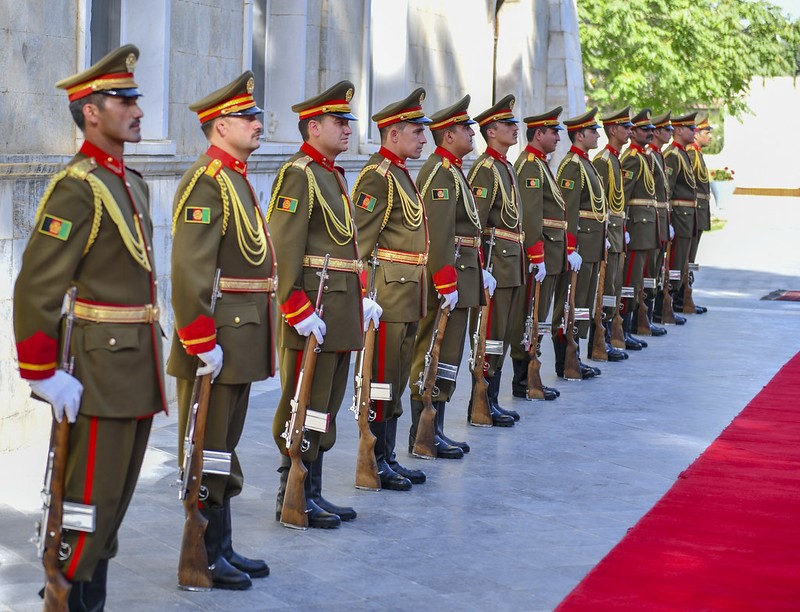
What the Biden Administration Can and Should do in the South Caucasus
By Stephen Blank
February 8, 2021, the CACI Analyst
The advent of the Biden Administration provides an opportunity to give the South Caucasus the importance it deserves in U.S. foreign policy. The recent war over Nagorno-Karabakh has underlined the region’s geostrategic importance, whereas the institutionalization of a Russo-Turkish rivalry/condominium raises the real possibility that another clash could trigger a confrontation between these two powers, one of whom is a NATO ally, as well as their proxies. Simultaneously, Georgia suffers from a drawn-out political conflict among the leading political parties. In this context, the new Administration and its allies in Europe should act to improve the West’s position in the South Caucasus.
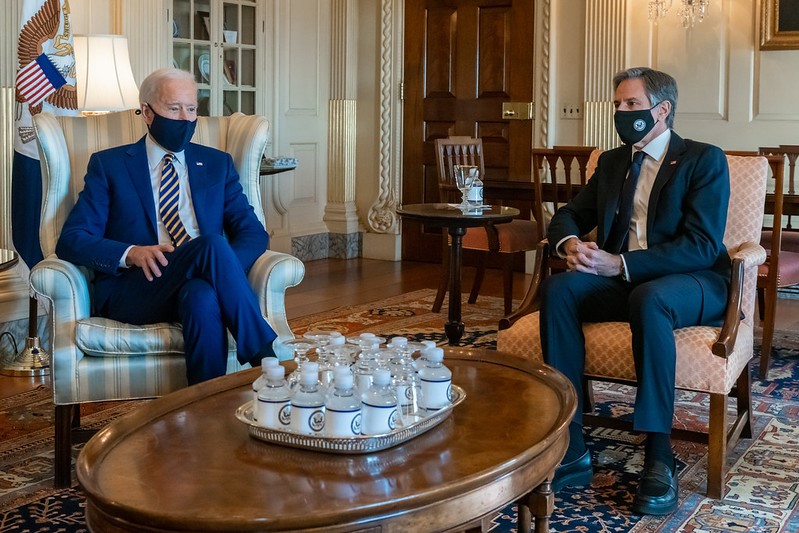
The Karabakh Ceasefire and Regional Economic Projects
By Orhan Gafarli
January 28, 2021, the CACI Analyst
The Second Karabakh War lasted for 44 days, ending on November 10, 2020 with the 9-point ceasefire agreement agreed by Azerbaijan and Armenia under Russian mediation. According to the ceasefire, the Armenian side will withdraw from the seven regions surrounding Nagorno-Karabakh; a Russian Peace Force will control the Lachin corridor connecting Karabakh with Armenia and Russia’s Border Service (FSB) will supervise the highway between Azerbaijan and Nakhichevan. Turkey is also a party to ensuring compliance with the ceasefire, setting up observation points and cooperating with Russia regarding negotiations between the parties. The end of the war might eventually bring the parties to a peace agreement and allow for regular overland transport between Azerbaijan, Armenia and Turkey. This perspective could help revive the Silk Road between East and West in the South Caucasus.
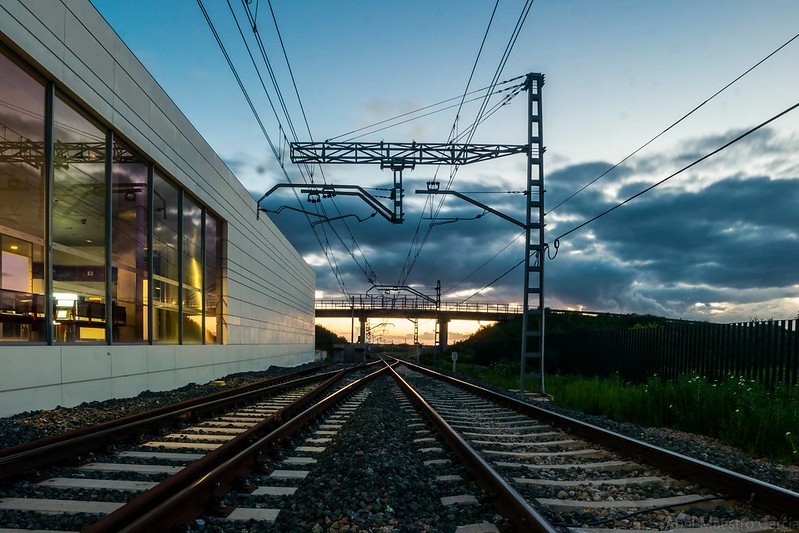
Looking Beyond Armenia's Defeat in Nagorno-Karabakh
By Robert M. Cutler
December 7, 2020, the CACI Analyst
After over 25 years of diplomatic stalemate, notwithstanding the efforts of the Organization for Security and Cooperation in Europe (OSCE), and declarations on all sides that “there is no military solution” to the Karabakh conflict, Azerbaijan has successfully implemented a military solution and taken territorial control of almost all of its lands occupied by Armenian forces in the early 1990s. The event not only inaugurates a new era of international security in the South Caucasus. It actually opens the door to improved relations between the two countries, if realistic approaches based on their inevitable cohabitation of the neighborhood can be found.
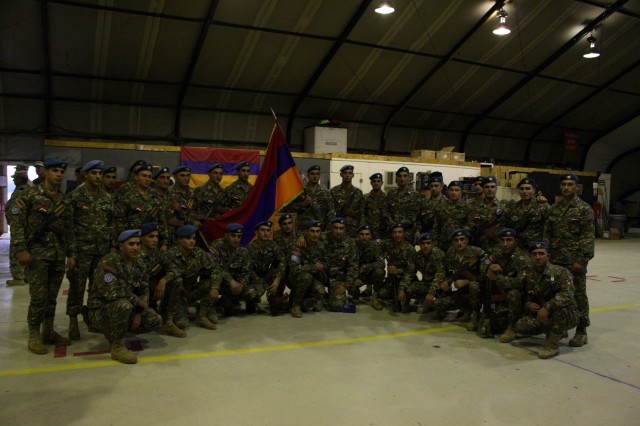
The Armenia-Azerbaijan War: Downgrading Iran’s Regional Role
By Brenda Shaffer
November 25, 2020, the CACI Analyst
The security architecture emerging in the South Caucasus following the war between Armenia and Azerbaijan led to significant changes for the region’s three main powers: Russia and Turkey gained increased power in the region, while Iran’s leverage in the region declined. The war outcomes also strengthened domestic challenges from Iran’s large ethnic Azerbaijani community, which opposed Tehran’s support for Armenia in the war.
